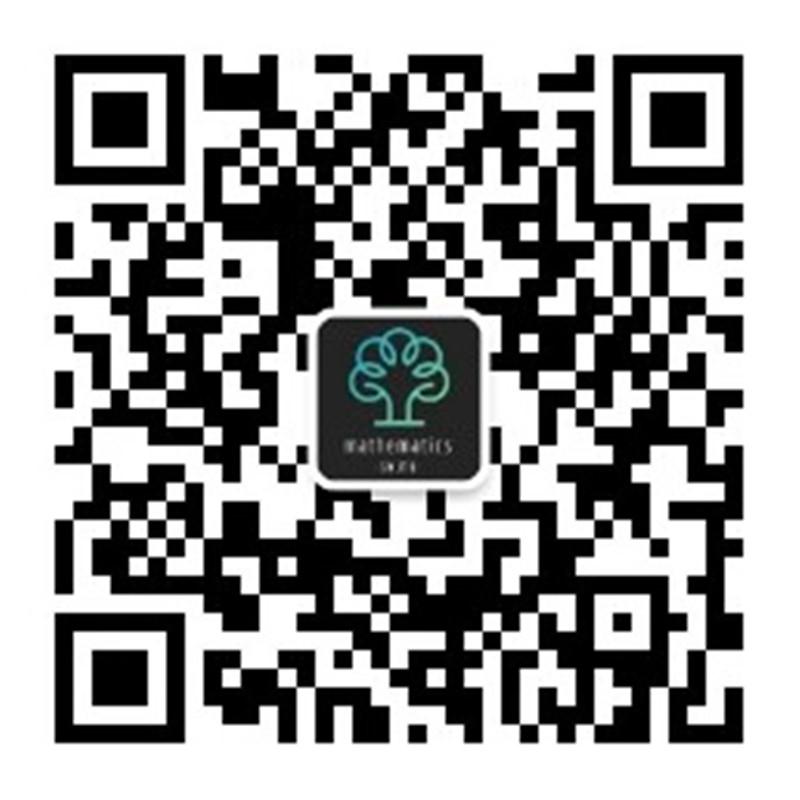报告题目:How to Decode High-Density Parity Check Code?
报告时间:2023年7月18日上午10:00-11:00
报告地点:新葡的京集团35222vip犀浦校区X7510
报告人:刘子龙
摘要: ABP decoding is a soft-decoding approach for high-density parity check codes such as BCH codes and Reed-Solomon (RS) codes. Nowadays, these codes play a very important role for supporting ultra-reliable low-latency communications (URLLC) in 5G/6G systems due to their short block lengths and low/no error floors.
The main idea of conventional ABP decoder is to adaptively sparsify columns of parity-check matrix corresponding to the (n-k) least-reliable bits using Gaussian elimination (GE) followed by BP decoding in each iteration, where n and k denotes codeword length and message length, respectively.
In this talk, I will introduce an improved ABP decoding method in which a small number of columns (say, p) corresponding to randomly selected reliable bits are selected in GE, in addition to columns associated to n-k-p least-reliable bits. Mutual information analysis shows that this new decoding strategy is able to extract larger amount of extrinsic information and therefore leads to significantly improved decoding performance. As an application of this improved ABP decoding, I will present a series of numerical results for a BCH-coded continuous phase modulation (CPM) turbo receiver in which improved ABP brings in fast convergence and lower error floor in turbo decoding.
报告人简介:刘子龙,新加坡南洋理工大学博士,英国埃塞克斯大学教授。从2018年1月到2019年11月,他是萨里大学5G创新中心(5GIC)所在地通信系统研究所(ICS)的高级研究员。目前他是 IEEE高级会员,同时担任国际知名学术期刊 IEEE Transactions on Vehicular Technology, IEEE Transactions on Neural Networks and Learning Systems, IEEE Wireless Communications Letters, IEEE Access的副编辑。目前已发表95篇期刊论文,其中50余篇发表在TIT, TSP, TCOM, TWC, TVT, JSAC, JSTSP等期刊上。


